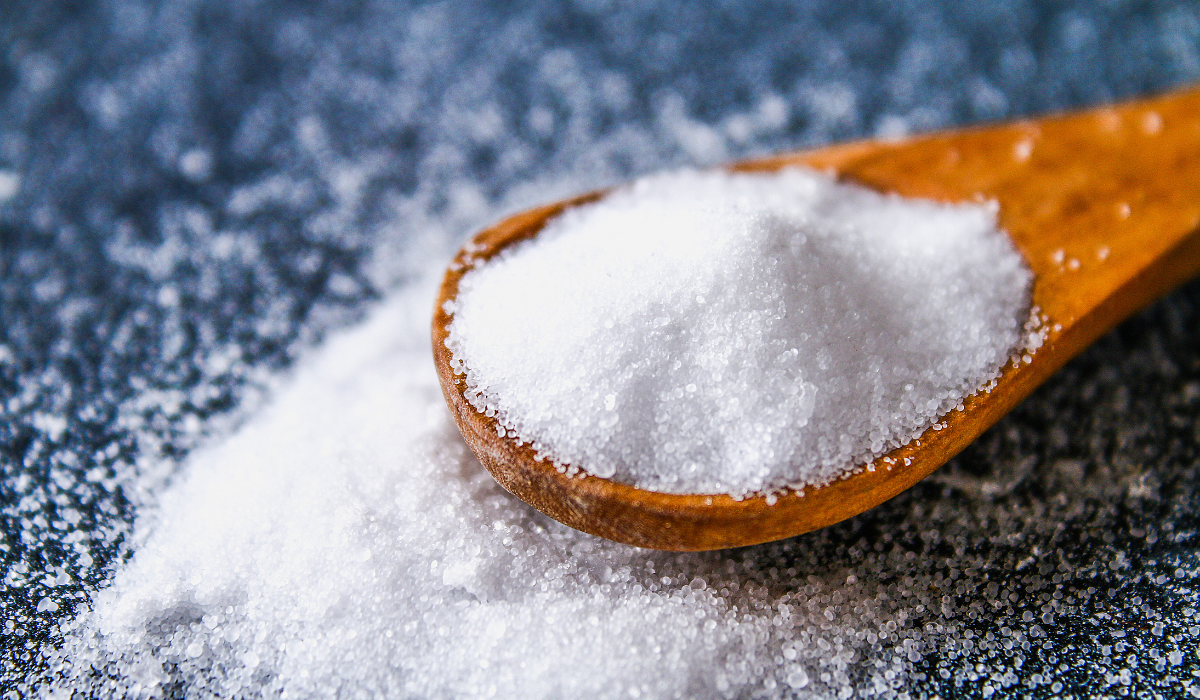Salt is crucial for the functions of our body, but an excessive intake will bring some hazardous effects to our health. Probably one of the most significant hazards associated with salt consumption at excessive levels is the occurrence of high blood pressure which can further result in heart diseases and strokes. But does calcium mitigate salt intake and its harmful effects? Let’s examine the interaction between calcium and salt within our bodies and if it reduces the impact caused by too much sodium.
The Connection Between Salt and Health
Salt, also known as sodium chloride, is an essential mineral that assists the body in fluid balance, nerve function, and muscle contractions. Excess salt increases the amount of sodium in the blood, which in turn leads to a rise in blood pressure, medically referred to as hypertension.
The American Heart Association suggests that most adults consume an average of around 3,400 milligrams per day, considerably above the limit set at 2,300 milligrams; it is more desirable to take a maximum of 1,500 milligrams.
Calcium and Its Role in the Body
Calcium is important not only for healthy bones but also for regulating blood pressure, heart conditions, muscle contraction, and nerve signal transmission. Scientific studies have demonstrated that adequate calcium intake, particularly along with a sodium-restricted diet, will dilate blood vessels to increase blood flow easily and, therefore, reduce blood pressure as it does not exert much work on the heart.
This is particularly important to those who ingest too much salt. High levels of sodium constrict blood vessels, which makes the blood pressure rise. Taking enough calcium counteracts these adverse effects and enhances cardiovascular health generally.
Does Calcium Mitigate Salt Intake?
The question is, does calcium mitigate salt intake and its detrimental effects? Evidence is slowly mounting that calcium may counteract the adverse effects of excessive sodium. Here’s how:
- Blood Pressure Regulation: A study found calcium to prevent or reduce sodium increases in blood pressure. According to a Journal of Hypertension study, supplemented calcium reduced or lowered the cases of high blood pressure in salt-conscious individuals.
- Bone Health: High salt consumption leads to calcium loss from the bones, increasing the chances of osteoporosis. Adequate calcium prevents this loss, making it a very important mineral for bone health, especially in those who have a salty diet.
- Fluid Balance: Calcium prevents fluid buildup, which could develop into a problem due to excessive salt intake; that is vital since most high-level salt intake culminates with water retention, thereby increasing the pressures in blood vessels.
Key Statistics on Calcium and Salt Intake
- People tend to have low blood pressure when they consume a diet with a higher calcium content, especially in conjunction with sodium intake that has been lowered according to the research published by the NIH.
- According to a 2019 Hypertension Research publication, high dietary intake of calcium and potassium but low sodium content significantly reduced hypertension risk.
- WHO research reveals that hypertension leads to around 2.5 million deaths each year because of high sodium intake, highlighting the need for sodium as well as calcium regulation.
Practical Ways to Increase Calcium Intake

If you are worried about excessive salt intake, you can always take measures to ensure that you are also getting sufficient calcium to counterbalance this. Some methods of increasing calcium intake include the following dairy products :
- Dairy Products: Milk, yogurt, and cheese.
- Leafy Greens: Spinach, kale, and broccoli.
- Fortified Foods: Cereals and plant-based milks.
- Calcium Supplements: Consult with a healthcare provider before taking these.
Conclusion
Does calcium counterbalance salt consumption and its adverse impacts? Although it is unlikely to completely counteract the adverse impacts of excessive salt, calcium has an important role in countering some of those risks. For example, it affects blood pressure, bone, and fluid balance—all critical areas that need maintenance of health at times of sodium overload.
This strategy aims to combine sufficient calcium intake with a diet low in salt for more significant health benefits and lower risks associated with high sodium levels.
FAQ’s
How much calcium do I need to counteract salt intake?
Most adults need a daily intake of around 1,000 milligrams of calcium, which supports overall health and can even help offset some of the ill effects of salt.
Can calcium supplements replace food sources of calcium?
Although the supplement will prove useful, intake through food supplies is always far better because their absorption rate as well as their nutritional value cannot be matched in supplements.
How does excessive salt harm your health?
It will increase blood pressure and may lead to heart disease, stroke, kidney disorders, and a variety of cardiovascular conditions.
What are the best food sources of calcium?
Rich sources of calcium include dairy, dark green leafy vegetables like spinach and kale, many fortified foods, and fish in the form of sardines.






